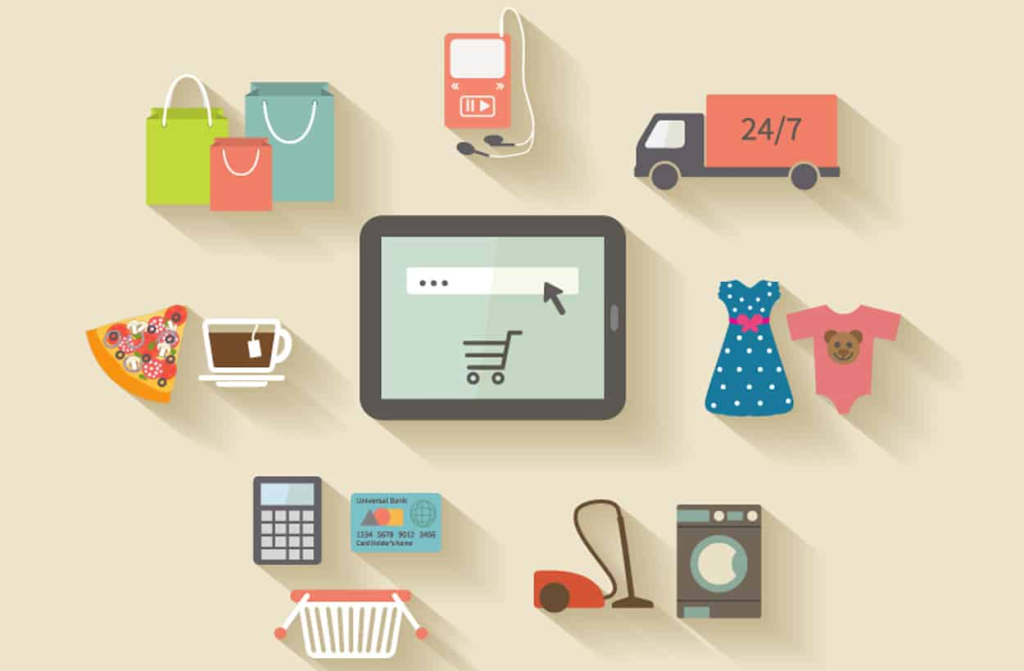
In today’s digital marketplace, personalized product recommendations have emerged as a powerful tool. Its far-reaching applications and significant benefits for both businesses and consumers.
I. Applications of Personalized Product Recommendations
- E-commerce Industry:
- Product Discovery: Amazon is a prime example. When a customer searches for a particular book, the platform recommends other books in the same genre or by the same author. It also shows “Frequently Bought Together” and “Customers Who Bought This Item Also Bought” sections, helping customers discover related products easily.
- Upselling and Cross-selling: For instance, when you purchase a smartphone on an e-commerce site, recommendations are as follows. A higher storage version of the same phone or complementary accessories like phone cases, screen protectors, and wireless chargers. All these will increase the average order value.
- Entertainment Streaming Services:
- Video and Music Recommendations: Netflix uses personalized recommendations to suggest movies and TV shows based on a user’s viewing history. If a user has watched several crime dramas, Netflix will recommend other crime-related content.
- Personalized Playlists and Channels: Spotify creates custom playlists for users based on their music listening habits. It also offers personalized radio stations and new music recommendations, helping users discover new songs and artists.
- Travel and Hospitality Sector:
- Hotel and Flight Recommendations: Travel websites like Booking.com and Expedia use personalized recommendations to suggest hotels and flights. This is based on a user’s search history and preferences. They may recommend hotels in a specific location, with certain amenities, or within a particular price range.
- Destination and Activity Recommendations: Some travel apps recommend tourist destinations and activities based on a user’s interests and travel history. For example, if a user has previously visited beach destinations, the app may recommend other beach resorts or water sports activities.

II. Benefits of Personalized Product Recommendations
- For Customers:
- Enhanced Shopping Experience: Customers no longer have to sift through countless products to find what they want. Instead, they receive relevant and tailored suggestions, saving time and effort. For example, a customer looking for a new running shoe on a sports e-commerce site will appreciate the personalized recommendations of shoes that match their size, running style, and budget.
- Discover New Products: Personalized recommendations expose customers to products they may not have otherwise considered. A beauty enthusiast might discover a new brand of skincare products through personalized recommendations on a beauty e-commerce site, expanding their product horizons.
- For Businesses:
- Increased Sales and Revenue: By providing personalized product recommendations, businesses can increase the likelihood of customers making a purchase. According to a study, e-commerce personalization can increase average order value by 25%. Netflix’s personalized movie and show recommendations account for 75% of its sales, demonstrating the significant impact on revenue.
- Improved Customer Loyalty: When customers receive personalized recommendations that meet their needs and expectations, they are more likely to become repeat customers and brand advocates. Amazon’s personalized shopping experience has contributed to its high customer loyalty and repeat purchase rate.
- For Both Customers and Businesses:
- Reduced Information Overload: Both customers and businesses benefit from reduced information overload. Customers are not bombarded with irrelevant product information, and businesses can focus their marketing efforts on the most relevant products and offers, making the shopping and marketing process more efficient for both parties.
- Data-Driven Insights: Personalized product recommendations rely on data analysis, which provides businesses with valuable insights into customer behavior and preferences. This data can be used to optimize product offerings, marketing strategies, and customer service, leading to continuous improvement and better decision-making.

In conclusion, personalized product recommendations have become an essential strategy for businesses across various industries. By leveraging the power of data and advanced algorithms, businesses can create a more personalized and engaging experience for their customers, leading to increased satisfaction, loyalty, and sales. As technology continues to evolve, the potential for personalized recommendations will only grow, making it an indispensable tool for the future of business.



